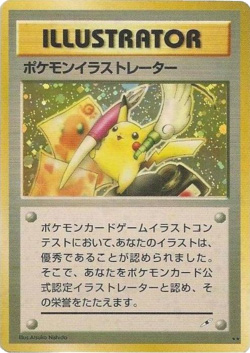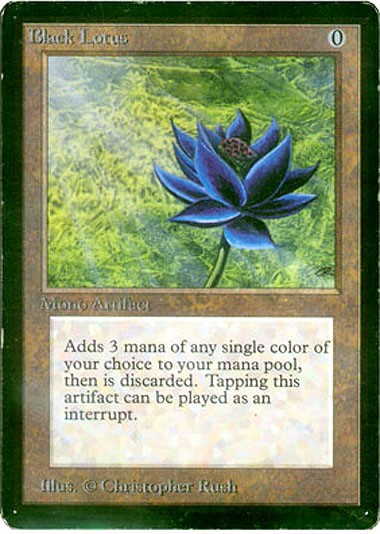Trading cards (Pokémon, Magic, Yu-Gi-Oh, Panini): scams on the increase
Trading cards have been making a comeback in recent years, and so have the scams! Fake adverts are proliferating on classified ad sites such as Leboncoin and on social networks, such as Facebook and its private sales groups. These shiny little pieces of cardboard are all the rage, and sell for top dollar. A godsend for crooks...
Magic, Pokémon, Yu-Gi-Oh!, Panini, Dragon Ball... There are countless collectible and playable card games. After keeping a low profile for a few years, the craze is back, as it was in 2000, and the public is out in force. This new impetus has delighted manufacturers and collectors, who are snapping up items that can be worth (tens of) thousands of euros for the rarest ones. This multi-generational passion is causing a stir among scam artists who are trying to capitalise on the voracious appetite of collectors of all ages.

Pokémon card - Pikachu Illustrator - €80,000

Magic Card - Black Lotus - €25,000
These cards are exceptional, of course, but many of them are worth tens, hundreds or thousands of euros. Getting your hands on them is also very difficult and can lead to taking risks that can be very costly.
The empty envelope scam
This very simple and common technique is very widespread and allows the scammer to never be worried! The technique is very simple: the seller asks for payment by cheque, cash or PCS. Once the payment has been received, the seller mails an empty envelope with an incision on the side or bottom. The buyer then receives an empty envelope, and informs the seller. The seller will simply say that this is impossible, that he has sent the card, and that someone from the Post Office or someone else has opened the envelope to steal the contents!
It's impossible for the buyer to claim that it's a scam, or to prove that it is. The cards are very often sent in a "toploader", a plastic cover that protects the card. But there's a very simple way of knowing whether the seller is honest or trying to manipulate the buyer: one of these protections weighs around 10 grams, and a single card around 2 grams. The weight of the posted envelope is indicated on the envelope. All you have to do is calculate the weight the envelope should weigh and compare it with what is indicated on the envelope. If the weight is less, the scam is very likely.
Payment scam for fake collector's card ads
It's also not uncommon to come across fake ads for low-priced trading cards. Enthusiasts will sniff out a bargain and rush into the trap. The scammer will ask for payment in advance, sometimes in cash or by cheque but more often by PayPal or PCS, then disappear once the payment has been received. The card does not exist and will never be returned to the victim. Although anyone can fall for this type of scam, young collectors and gamers are particularly vulnerable.
Securing your payments is essential
Whether you're paying a few dozen euros or several hundred or thousands, it's vital to make your payments secure. Using Obvy guarantees you a secure transaction, and will prevent 100% of scams. In the event of a problem, the transaction can be cancelled, and if you are the subject of an attempted scam you can turn around. For transactions by delivery, Obvy offers video proof to ensure the transaction and avoid any problems.
